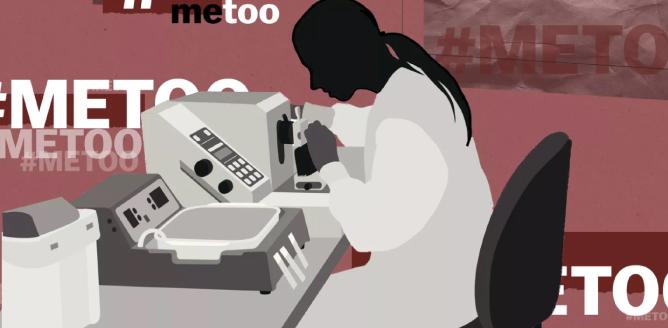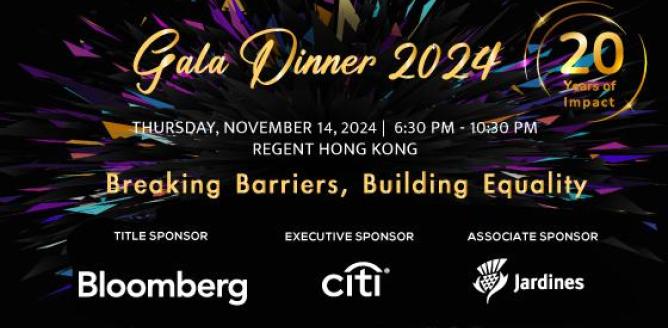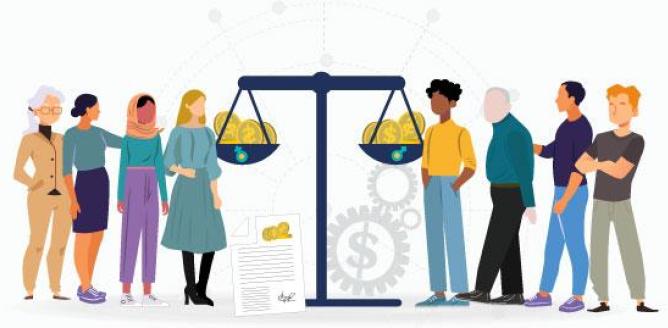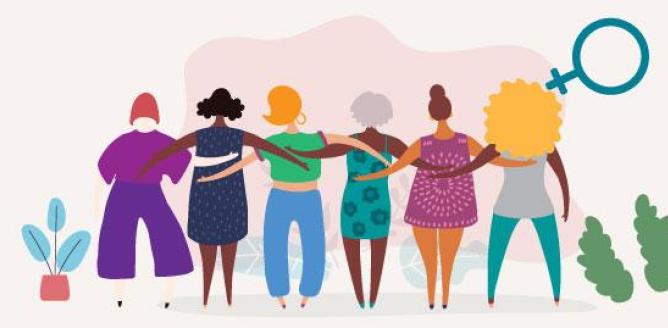"I was taught that the way of progress was neither swift nor easy." - Marie Curie; first woman to win a Nobel Prize, the only woman in history to ever win it twice, and the only human to ever win a Nobel Prize in two different sciences.
Girls here and abroad may be kicking off their summers with physics, app development and biotech experiments, but science has also had its own reckoning with the #MeToo movement.
According to a sweeping new study by the US National Academies of Sciences, Engineering and Medicine (NAS) released last week, around half of women in STEM academia have experienced some form of harassment.
Large scale surveys conducted across 36 American university campuses, found that up to 50% of female science, engineering and medical students reported experiencing “gender harassment,” defined as “verbal and nonverbal behaviours that convey hostility, objectification, exclusion or second-class status”. In-depth interviews with 40 women, revealed that half of them had also experienced physical abuse.
Women are woefully underrepresented in science, technology, engineering and mathematics (STEM) disciplines. In Hong Kong, women comprise more than half of the student population at Hong Kong universities, but make up only 38.4% of science students and 29.5% of engineering and technology students. The gender gap widens further after graduation wheremen outnumber women consistently by 2:1.
To help close this gap, TWF works with key stakeholders to encourage more girls to enter STEM fields through our groundbreaking Girls Go Tech programme. But it’s going to take more than STEM education to end a pervasive culture of sexual harassment of women in science fields.
“More rapid and sustained progress in closing the gender gap in science, engineering, and medicine is jeopardized by the persistence of sexual harassment and its adverse impact on women’s careers in our nation’s colleges and universities”, the NAS report reads.
The NAS offers detailed recommendations on how to address the proliferation of sexual harassment in these industries, including;
• hiring a more diverse and inclusive staff;
• building more inclusive leadership teams;
• providing better protection for victims of sexual harassment; and
• implementing clear and consistent policies and standards.
These suggestions also apply to other industries from business, to film and to the food and service sector where more than 80% of women in Hong Kong report experiencing sexual harassment.
At TWF, we approach the goal of gender equality holistically. Our solutions are non-siloed. Along with our Girls Go Tech Programme, our Mentoring Programme for Women Leaders supports our aim to increase the number of women leaders across sectors; our ground breaking Male Allies are committed to furthering gender equality across our city and we are engaging all key stakeholders on the issues and solutions to the critical problem of sexual harassment that impacts women and men across all ages and sectors.
With that in mind, we invite you to join our third panel in our series on sexual harassment: “Engaging Men in #MeToo” on Thursday, June 28. We will be discussing men’s reactions and actions to the #MeToo movement both in and outside the workplace in Hong Kong, with our panelists: Cynthia Chung, partner at Deacons; columnist, broadcaster and writer Chip Tsao; and Adrian Warr, managing director of Edelman.





















